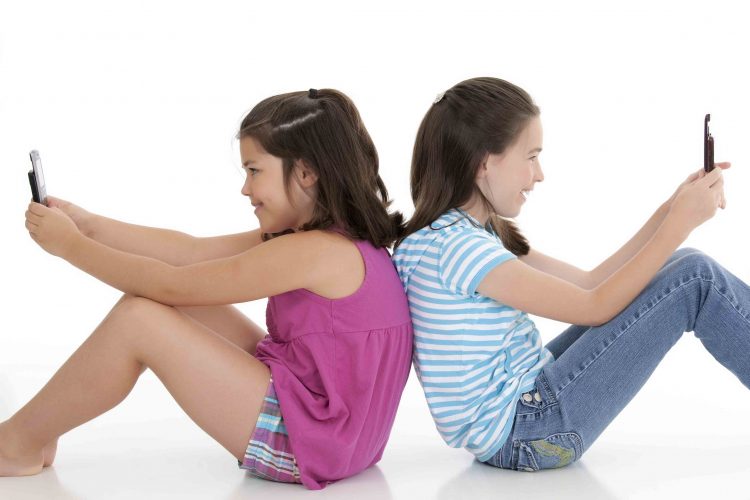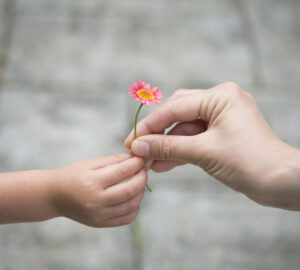
As our children start using social media, it is vital for them to be prepared with proper training for their behavior and boundaries online. One idea is to create a written agreement between you both regarding their online interactions. Below are a few ideas on what you may want to include:
-
Understand that what you post online does not disappear. Never post anything online that you do not want the whole world to know.
-
Keep your personal information private, such as your real name, age, address, phone number, etc.
-
Don’t ask others for their personal information.
-
Get an adult if anything inappropriate pops up.
-
Don’t click on inappropriate pop-ups or ads.
-
Understand that your parents can see everything you access online.
-
Promise to not cyberbully, and report any cyberbullying to your parents.
-
Never say anything negative about a person online.
-
Never discuss a disagreement with someone online. If you know the person in real life, then discuss your issue face to face, not over social media.
-
Ask permission before posting photos of others.
-
Never agree to meet in person with someone you “meet” online.
In addition to a written agreement, teaching good social media behavior goes hand in hand with being a good citizen, where the truth of “do unto others as you would have them do unto you” is essential. Encourage your children to “THINK” and ask themselves if what they are posting is: “True,” “Helpful,” “Inspiring,” “Necessary” and “Kind.”
Bridgett Parker, a Maui mom of two, reminds her children: “You never know who is watching what you post online. So just like in real life, be polite and say nice things, or don’t say anything at all. Once it’s out on the web, it’s there for the world to see. Be pono.”



